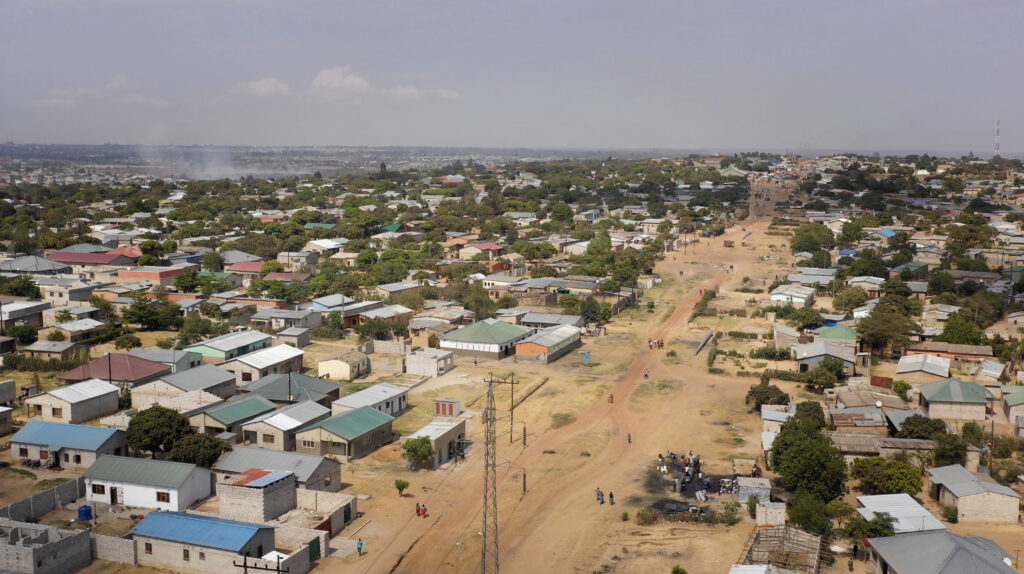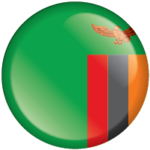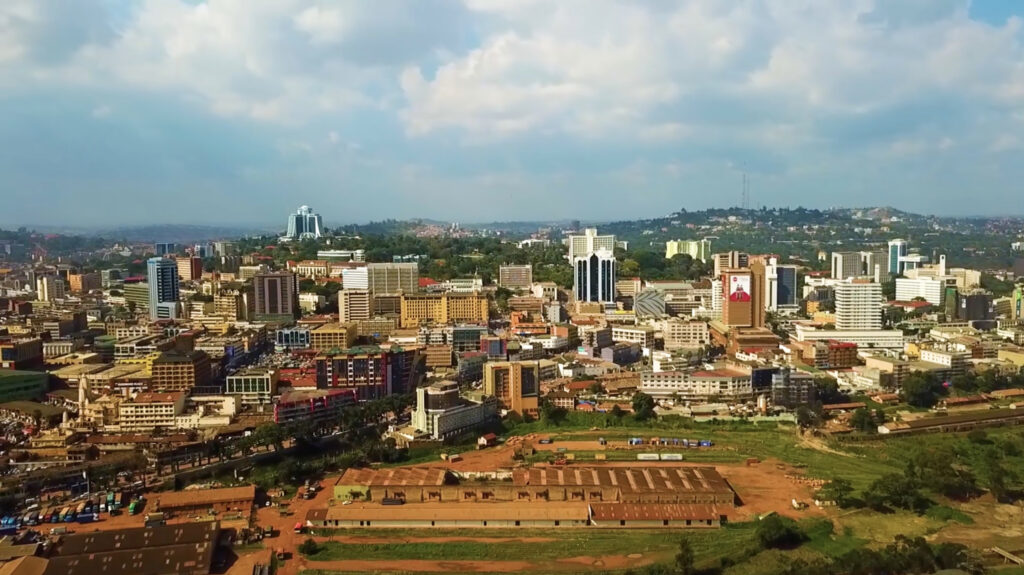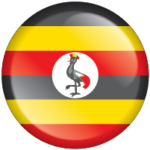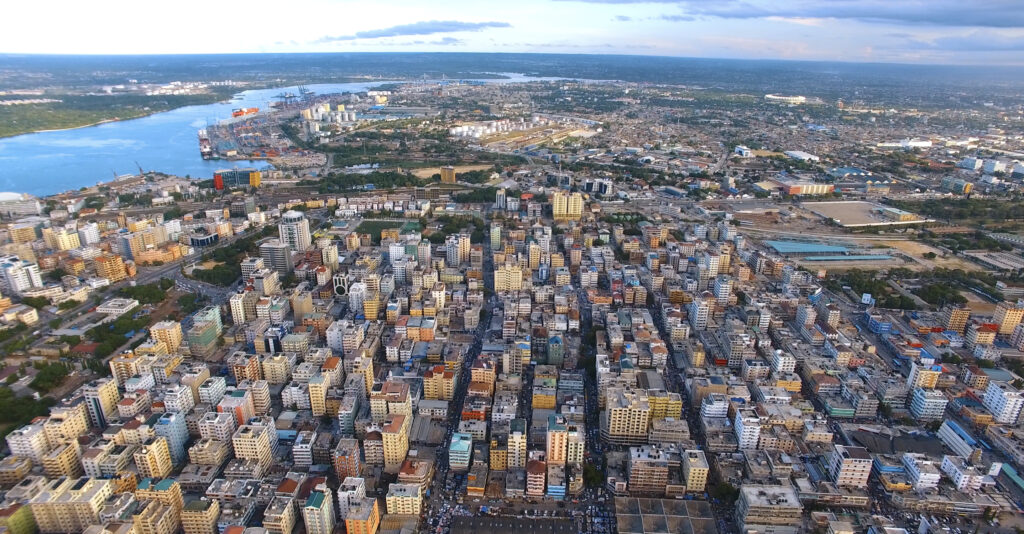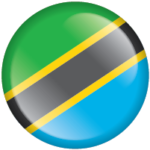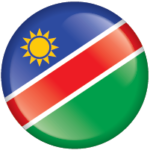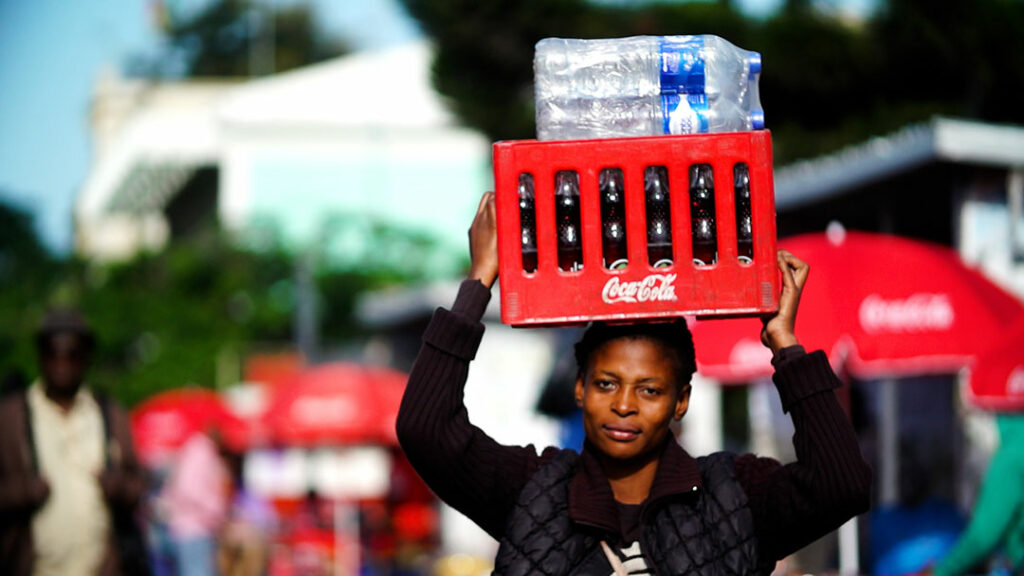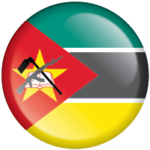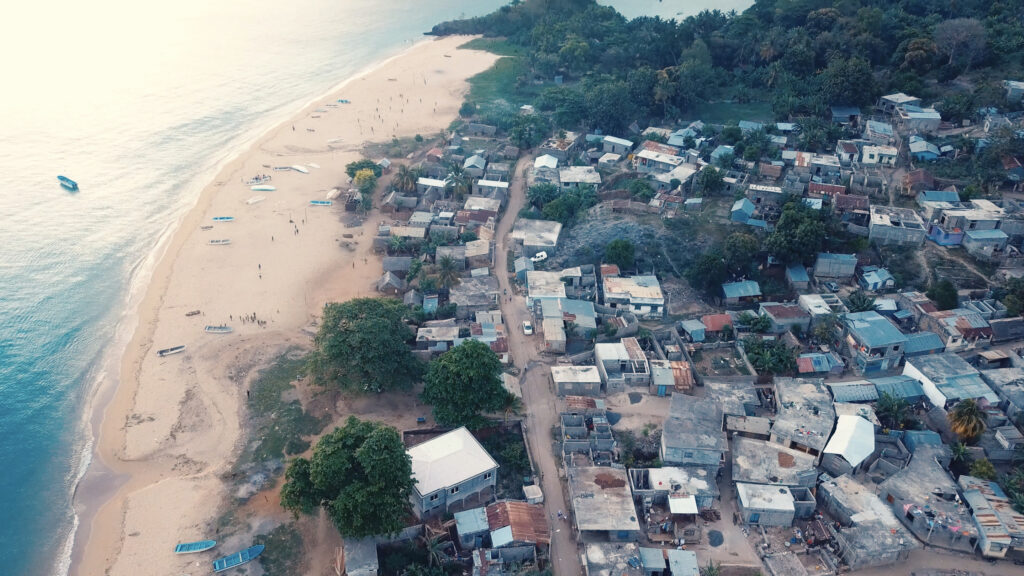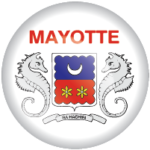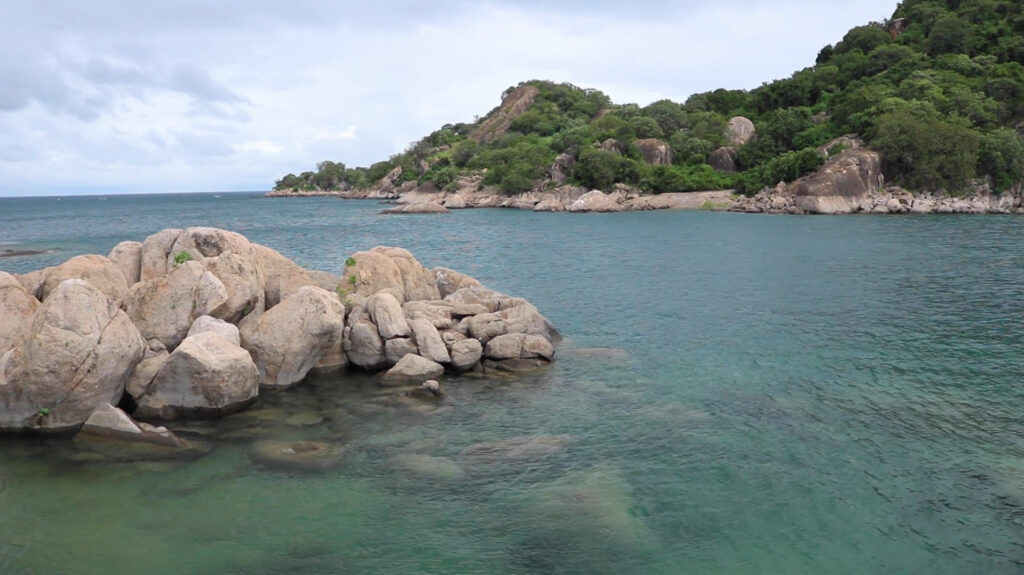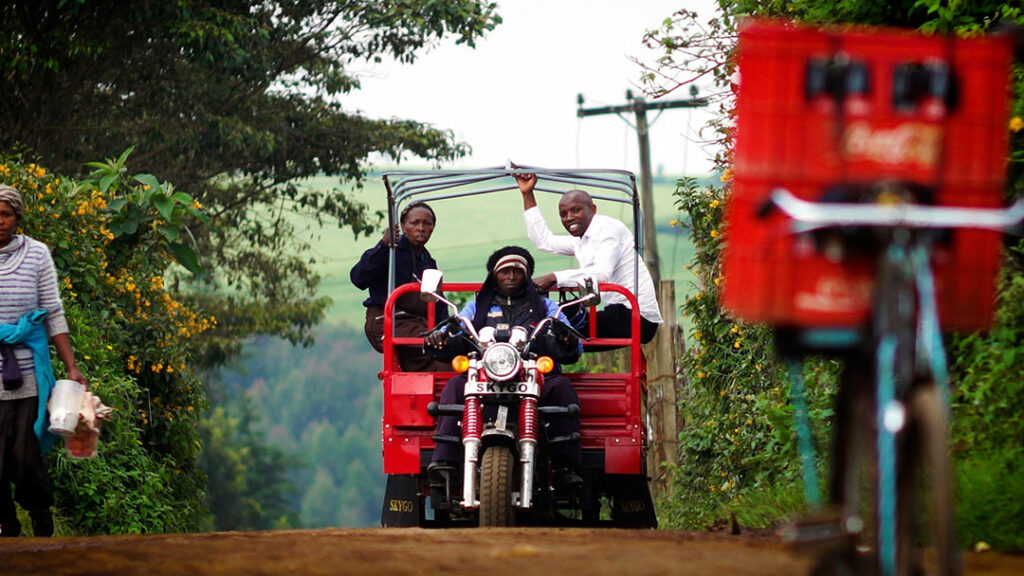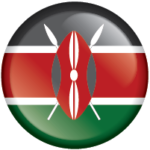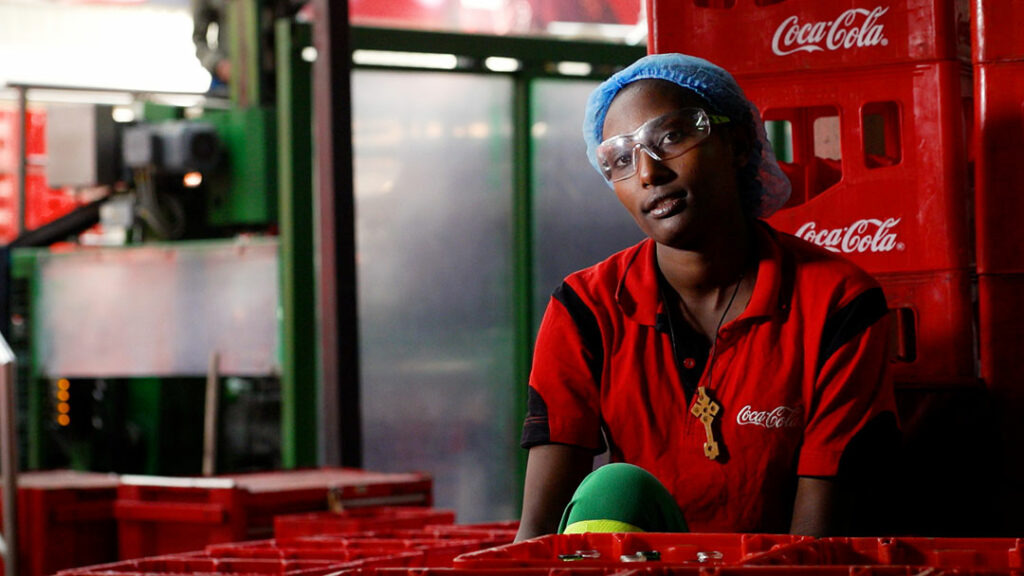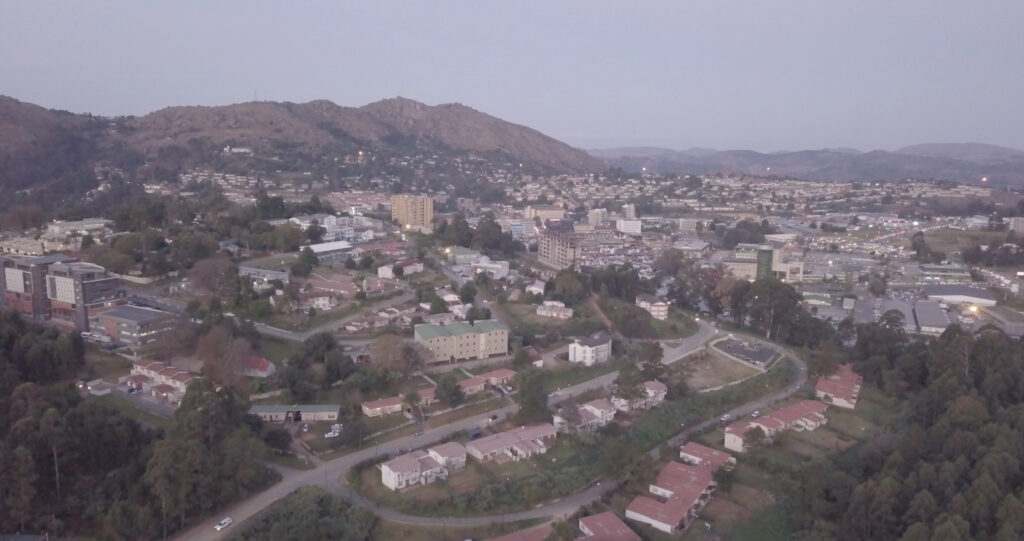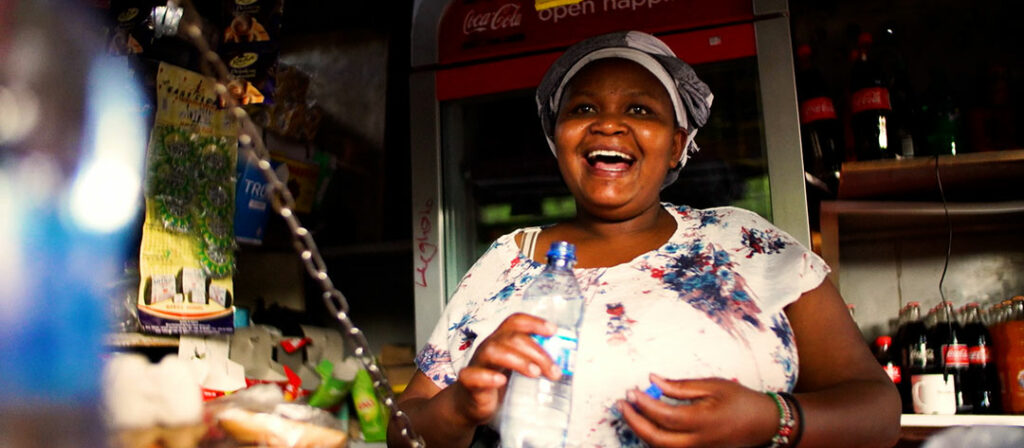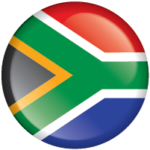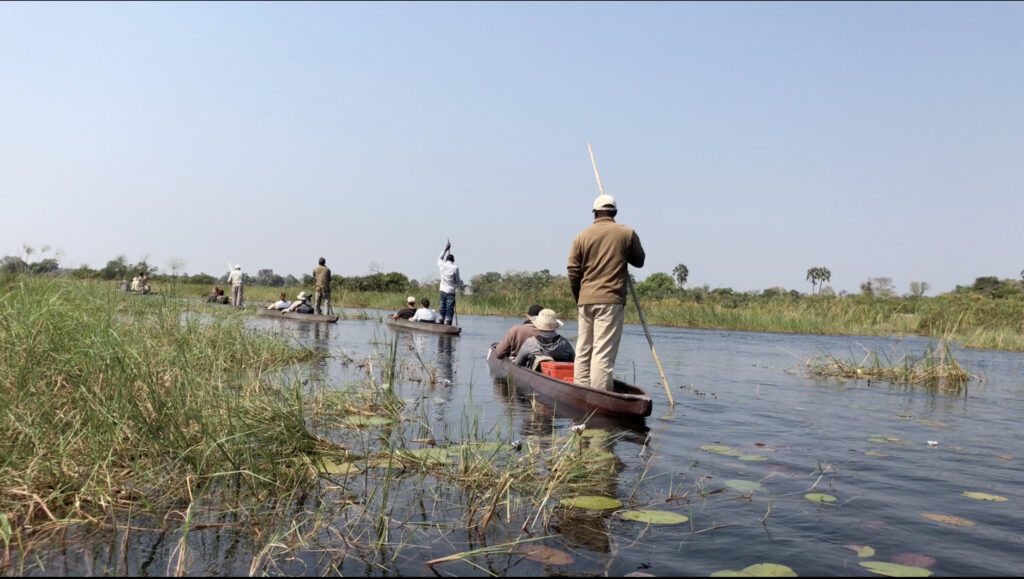By Tshidi Ramogase | CCBA Chief Public Affairs, Communications and Sustainability Officer
The African Union has called the Blue Economy the “New Frontier of African Renaissance”, and with good reason.
As the United Nations Economic Commission for Africa has noted in a policy handbook for the Blue Economy, 38 out of the 54 African states are coastal, more than 90 percent of the continent’s imports and exports are conducted by sea, and some of the most strategic gateways for international trade are in Africa.
Maritime zones under Africa’s jurisdiction total about 13 million square kilometres, including territorial seas and approximately 6.5 million square kilometres of the continental shelf.
There is, as the UN Economic Commission for Africa puts it, “another Africa under the sea”.
These marine resources, including freshwater bodies and oceans, offer significant economic opportunities, yet governance of aquatic ecosystems, goods and services is under-developed and under- resourced, resulting in degradation of ecosystems, and loss and waste of valuable resources.
As we mark World Oceans Day on June 8, it is increasingly clear that we must work together across the public and private sectors, as well as civil society, to make sustainable decisions to protect our marine ecosystems for future generations.
The issue of packaging waste features high on the list of priorities. While food and beverage packaging are an important part of our modern lives, the world has a packaging problem, which we as Coca-Cola Beverages Africa (CCBA), together with The Coca-Cola Company, have a responsibility to help solve.
We have committed to invest in our planet and our packaging to help make the world’s packaging problem a thing of the past, working in partnership with The Coca-Cola Company which launched a sustainable packaging initiative called World Without Waste in 2018.
We have the following goals in Africa:
- Help collect an equivalent of a bottle for every one we sell by 2030
- Focus on making all our packaging 100% recyclable by 2025
- Have 50% recycled content in our packaging by 2025 and
- Make 25% of our packaging reusable by 2030
We continued to make progress in 2020, despite the challenges from the Covid-19 pandemic. Plastic waste collection and recycling have bounced back remarkably from the disruption caused by Covid-19 restrictions, and CCBA achieved an 58% recycling rate for FY2021. The recyclability of our packaging is already at more than 95%, tracking ahead of the global target of 100% by 2025.
If we are to create truly circular economies, where waste is minimised and reuse of materials is maximized, the starting point is understanding that our packaging materials have value. Importantly, we need to find ways to capture that value to prevent our packaging from becoming waste at the end of its life.
We are improving the recyclability of our packs through a strong emphasis on shifting to homogeneous and clear bottles and have made significant progress on this already. In addition, over 20% of our revenues are already coming from returnable or refillable packs. We are strategically looking to increase the use of homogenous returnable packs in our portfolio – which has the added benefit of being environmentally friendly and decreasing the impact on our oceans.
Our biggest challenge on recycling is accelerating the collection of plastic bottles to increase polyethylene phthalate (PET) bottles feedstock for recycled PET supply to enable higher recycled content in our bottles. Consumer behaviour and accountability also remains a challenge. We encourage all consumers of our beverages to dispose of the packaging in an environmentally responsible manner, so it can be collected and recycled for reuse.
To date, in South Africa we are at 17% recycled PET content, and we have 17% recycled PET content in 2 litre bottles in Namibia, Mozambique, Botswana and Zambia. One example of how we are getting communities involved is in Kenya. Here we leveraged our partnerships to launch the Recycling PET Bottles initiative, getting 400 schools to participate in the collection of PET bottles. A total of over 90 000kg, or 4.5 million PET bottles, were collected and recycled as a result of this initiative.
Partnership across business, government and civil society is fundamental to scaling solutions and critical to achieving a circular economy. We remain committed to help drive collective action, working with stakeholders, suppliers, non-profits, communities, customers and industry peers to invest in recycling innovation, facilities, organisations and initiatives.
In Africa and other developing markets, there is an additional layer of complexity, in that the market for recycled plastic in many countries is too small to support investment in recycling plants, yet the rules governing the movement of plastic waste across borders inhibit the economies of scale needed to achieve optimal rates of recycling, limit waste going to landfill, and create employment in the circular economy.
Engagement with various governments’ International Trade Administration Ministries is critical to review and revise policies guiding movement of recyclable waste across countries through regional economic platforms such as Southern Africa Development Council (SADC) and East African Business Council (EABC). CCBA remains committed to broader stakeholder engagement and collaboration to enable efficient regional recycling industry.
With the right regulatory environment to enable higher rates of collection and recycling, and continued commitment and collaboration across industry, across countries and with all interested partners, a World Without Waste is possible, protecting the marine environment and allowing for the sustainable development of Africa’s Oceans Economy.
